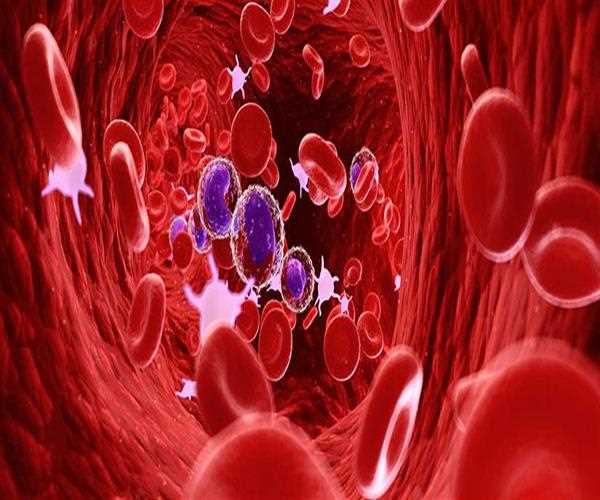Hematology is the science of blood and blood-related disorders. Hematologists are doctors who specialize in the diagnosis, treatment, and prevention of blood disorders.
Blood is a complex fluid that is made up of many different components, including red blood cells, white blood cells, platelets, and plasma. Each of these components plays an important role in the body, and any problems with these components can lead to health problems.
Red blood cells are responsible for carrying oxygen to the body's tissues. White blood cells are responsible for fighting infection. Platelets are responsible for clotting blood. Plasma is the liquid part of blood that carries nutrients and other substances to the body's cells.

Hematologists use a variety of tests to diagnose blood disorders, including blood counts, blood chemistry tests, and bone marrow biopsies. They also treat blood disorders with a variety of medications, including blood transfusions, chemotherapy, and radiation therapy.
Some of the most common blood disorders that hematologists treat include:
- Anemia: A condition in which the body does not have enough red blood cells.
- Leukemia: A cancer of the blood cells.
- Sickle cell anemia: A genetic disorder that affects the red blood cells.
- Hemophilia: A genetic disorder that affects the blood clotting system.
- Thrombocytopenia: A condition in which the body does not have enough platelets.
Hematologists play an important role in the diagnosis and treatment of blood disorders. They work with patients to develop treatment plans that are tailored to their individual needs.
If you are experiencing any of the symptoms of a blood disorder, such as fatigue, shortness of breath, or bruising, it is important to see a hematologist. Early diagnosis and treatment of blood disorders can improve the chances of a successful outcome.
Here are some of the things that hematologists do:
- Diagnose and treat blood disorders.
- Provide blood transfusions.
- Perform bone marrow biopsies.
- Administer chemotherapy and radiation therapy.
- Conduct research on blood disorders.
- Educate patients about blood disorders.
Hematologists are important members of the medical team. They work with other doctors, nurses, and other healthcare professionals to provide the best possible care for patients with blood disorders.
If you are interested in a career in hematology, there are a few things you can do to prepare:
- Get a good education. Hematologists need to have a strong foundation in science and medicine.
- Get experience in the medical field. Shadow a hematologist or volunteer at a hospital.
- Earn a medical degree. Hematologists are doctors, so you will need to earn a medical degree from an accredited medical school.
- Complete a residency in internal medicine or pediatrics. Hematologists must complete a residency in internal medicine or pediatrics before they can specialize in hematology.
- Complete a fellowship in hematology. Hematologists must complete a fellowship in hematology before they can practice independently.
Hematology is a rewarding field of medicine. Hematologists have the opportunity to help patients with serious blood disorders and make a real difference in their lives.